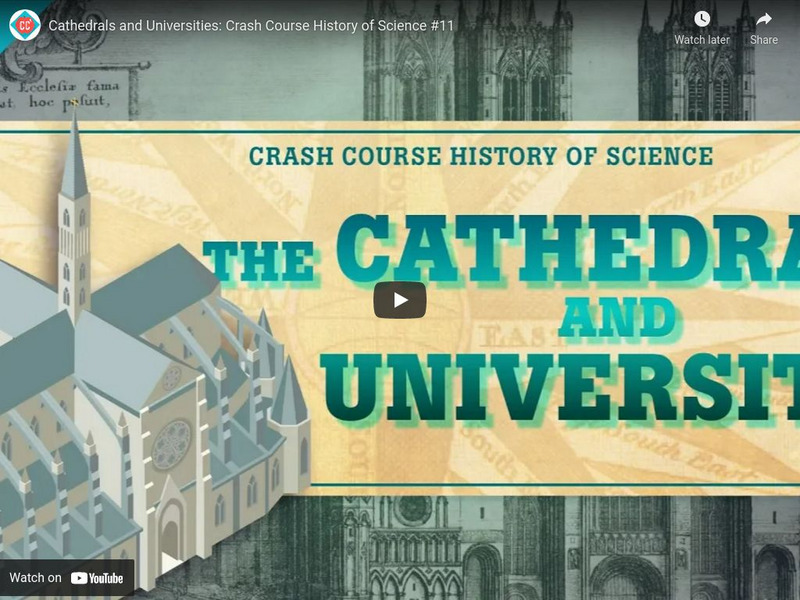Curated OER
The Dark Ages - Part 8 - The Greatest King
Part eight of this nine-part series on the Dark Ages focuses on the rein of King Charlemagne. He attempted to lift Europe out of the dark and into enlightenment through education and religion. Watch and learn about his 46 year rein,...
Curated OER
The Dark Ages - Part 1 - The Sacking of Rome
The Dark Ages began with the fall of the Roman Empire. In 410 AD the Visigoths sack Rome with Alaric heading the charge. While this clip is somewhat over dramatic in its historic description, the causes of the attack on Rome are clearly...
Curated OER
The Dark Ages - Part 5 - The Plague
The Byzantines are fighting their way into the west as Justinian attempts to regain the Roman Empire. Part five of this nine-part series on the Dark Ages highlights the battles, religion, and disease that marked Medieval Europe. This...
Curated OER
The Dark Ages - Part 3 - Common Thread of Christianity
Part three of this series on the Dark Ages, focuses on the spread of Christianity throughout Medieval Europe. Christianity became a common thread that bound much of politics and society. Clovis, and later, Constantine used religion as a...
Smart History
Smarthistory: Sutton Hoo Ship Burial
Video looks at an art treasure from early medieval British history, the Sutton Hoo Ship Burial. Of Anglo-Saxon origin, it contained many rare artifacts including a helmet, scepter, sword, hanging bowl, bowls and spoons, shoulder clasps,...
Other
The Traveling Trio: Cesky Krumlov, Czech Republic
Video follows three American siblings to Cesky Krumlov, a small town in the Czech Republic that retains much of its medieval character. [23:00]
Crash Course
Crash Course World History #14: The Dark Ages How Dark Were They?
John Green teaches you about the so-called Dark Ages, which it turns out weren't as uniformly dark as you may have been led to believe. While Europe was indeed having some issues, many other parts of the world were thriving and...
Crash Course
Crash Course History of Science #11: Cathedrals and Universities
Until roughly 1100, there were relatively few places of knowledge-making in Medieval Europe. Monasteries and abbeys had special rooms called scriptoria where monks copied manuscripts by hand, but the biggest places where knowledge was...







